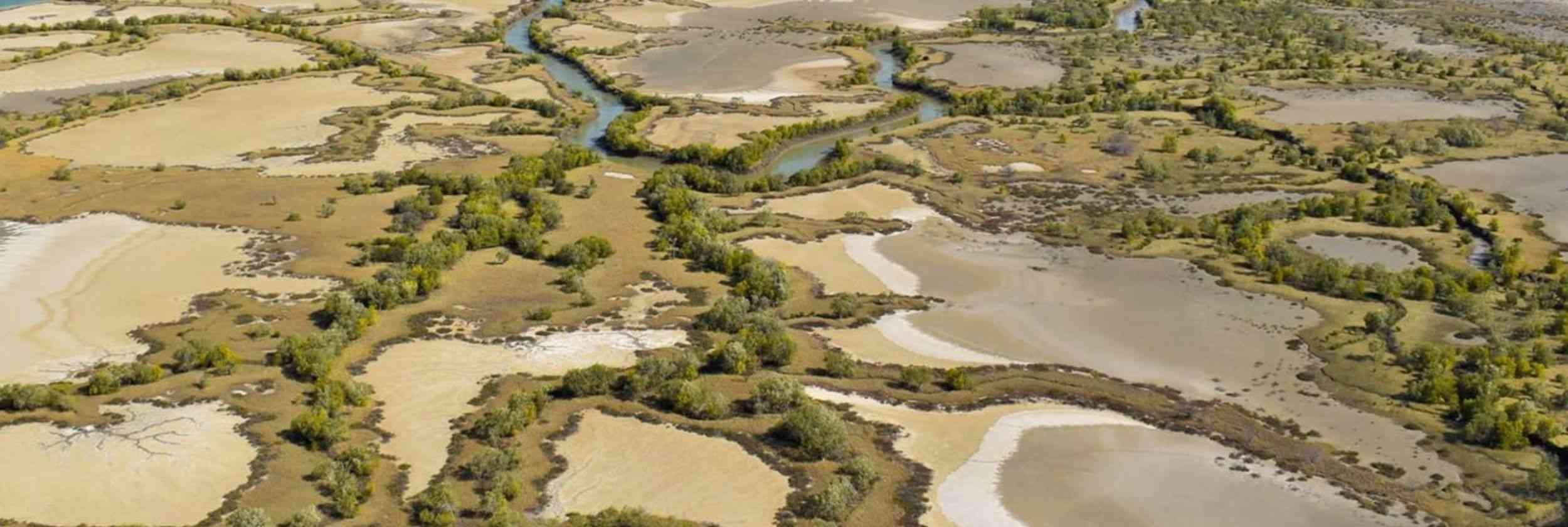
ZIMBABWE recently hosted the 15th Conference of the Parties (COP15) to the Ramsar Convention on Wetlands — a momentous event in global conservation efforts.
The spotlight was on us. And yet, while the world met to discuss how to protect these vital ecosystems, we continue to destroy our own wetlands.
Wetlands are vanishing at an alarming rate.
Globally, we’ve already lost over 400 million hectares — 22% of total wetlands — since 1970.
A quarter of those that remain are in a degraded state.
The Global Wetland Outlook 2025, published by the Ramsar Convention, warns that without urgent intervention, we could lose an additional 20% by 2050, putting over US$39 trillion in ecosystem benefits at risk.
These are not just abstract statistics — they represent a growing threat to our water sources, food security, biodiversity and climate resilience.
And here in Zimbabwe, the situation is dire.
- Mavhunga puts DeMbare into Chibuku quarterfinals
- Bulls to charge into Zimbabwe gold stocks
- Ndiraya concerned as goals dry up
- Letters: How solar power is transforming African farms
Keep Reading
From Belvedere’s Long Cheng Plaza to the encroachment in Monavale — a designated Ramsar site — we are witnessing the slow death of our wetlands, often at the hands of politically-connected developers and complicit officials.
Wetlands, once dismissed as idle land, are being parcelled out for residential and commercial development with reckless abandon.
Meanwhile, critical ecosystems that regulate floods, filter water and support biodiversity are being reduced to rubble.
We must be clear: wetlands are not wastelands.
They are life-sustaining systems that support agriculture, aquaculture, tourism and water supply.
Though they cover just 6% of the Earth’s surface, they generate more than 7,5% of global GDP in ecosystem services.
Their destruction is not only an environmental crime —it’s economic sabotage and an attack on public health.
So what must Zimbabwe do?
Environmental laws already exist to protect wetlands. What’s lacking is enforcement.
Environmental impact assessments must be taken seriously and illegal developments — no matter how politically protected — must be stopped and reversed.
Some of the worst offenders are within the bureaucracy itself. This must end.
The government must investigate and prosecute officials who facilitate illegal wetland development.
Corruption is eating away not just at our wetlands but at the public’s trust.
We need a coordinated, well-funded national plan for wetland restoration and protection.
This means mapping all wetlands, identifying those at risk and prioritising their rehabilitation.
Let us work with international conservation partners to do this right.
The people living closest to wetlands are often their best stewards.
Government and civil society must work together to train, fund and equip local communities to monitor and manage these ecosystems sustainably.
City planners and municipalities must stop treating wetlands as “unused” land. Wetlands should be protected in city master plans, with buffer zones and strict "no-build" policies enforced.
We need a nationwide campaign to change public attitudes.
Wetland preservation must be taught in schools and championed in the media.
Until people understand the value of wetlands, we cannot expect widespread support for their protection.
Zimbabwe should invest in satellite imagery, drones, and geographic information systems to monitor wetland degradation in real-time.
Transparency will make it harder for illegal developments to be swept under the rug.
Zimbabwe has the knowledge, the laws and the international support needed to save its wetlands. What it lacks is political will.
If we cannot preserve the ecosystems that provide us with clean water, protect us from floods, store carbon and feed our communities, then we have failed not just our environment — but our future.
The world is watching. And more importantly, so is the younger generation.
Let us not be remembered as the generation that sold our wetlands to the highest bidder, but as the one that stood up and saved them.






